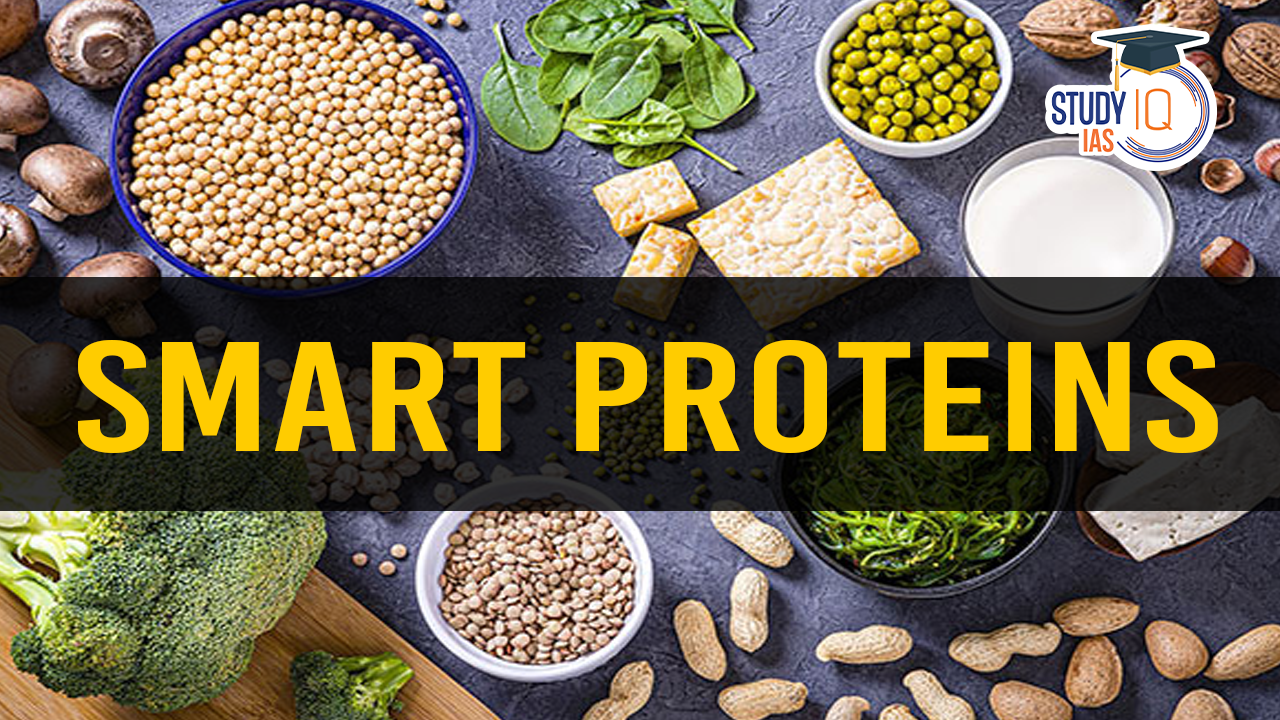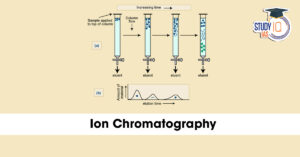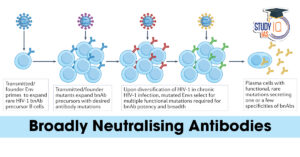Table of Contents
Context: The Department of Biotechnology (DBT) is funding research under the BioE3 initiative to develop smart proteins.
About Smart Proteins
- Smart proteins are alternative protein sources developed using scientific and technological innovations to mimic the taste, texture and nutritional value of traditional protein sources like meat, dairy, and eggs.
- These proteins are designed to be sustainable, resource-efficient and climate-friendly while addressing protein deficiency and food security.
Types of Smart Proteins
Fermentation-Derived Proteins
- Proteins obtained from microbes such as algae, bacteria and fungi.
- These microbes generate proteins naturally, which can be processed into food ingredients.
Plant-Based Proteins
- Proteins extracted from plants can be modified to resemble meat, dairy, or eggs. Eg. Soy protein, Pea protein, Rice protein, etc.
Cell-Cultured Proteins
- Animal cells are grown in a lab to produce real meat without the need for raising and slaughtering animals. Eg. Cultured chicken, beef, fish, etc.
Challenges in Smart Protein Development
- High Production Costs – Technology is still evolving, making smart proteins expensive.
- Consumer Acceptance – Taste, texture and cultural preferences play a key role.
- Regulatory Approvals – Food safety laws and approvals vary by country.
- Scaling Production – Efficient manufacturing processes are needed to meet demand at lower costs.


 Advanced Air Defence Radars: Types, Comp...
Advanced Air Defence Radars: Types, Comp...
 Ion Chromatography, Working and Applicat...
Ion Chromatography, Working and Applicat...
 Broadly Neutralising Antibodies (bNAbs):...
Broadly Neutralising Antibodies (bNAbs):...




















